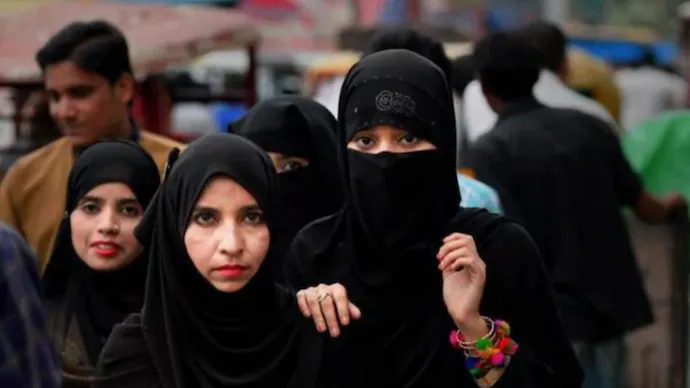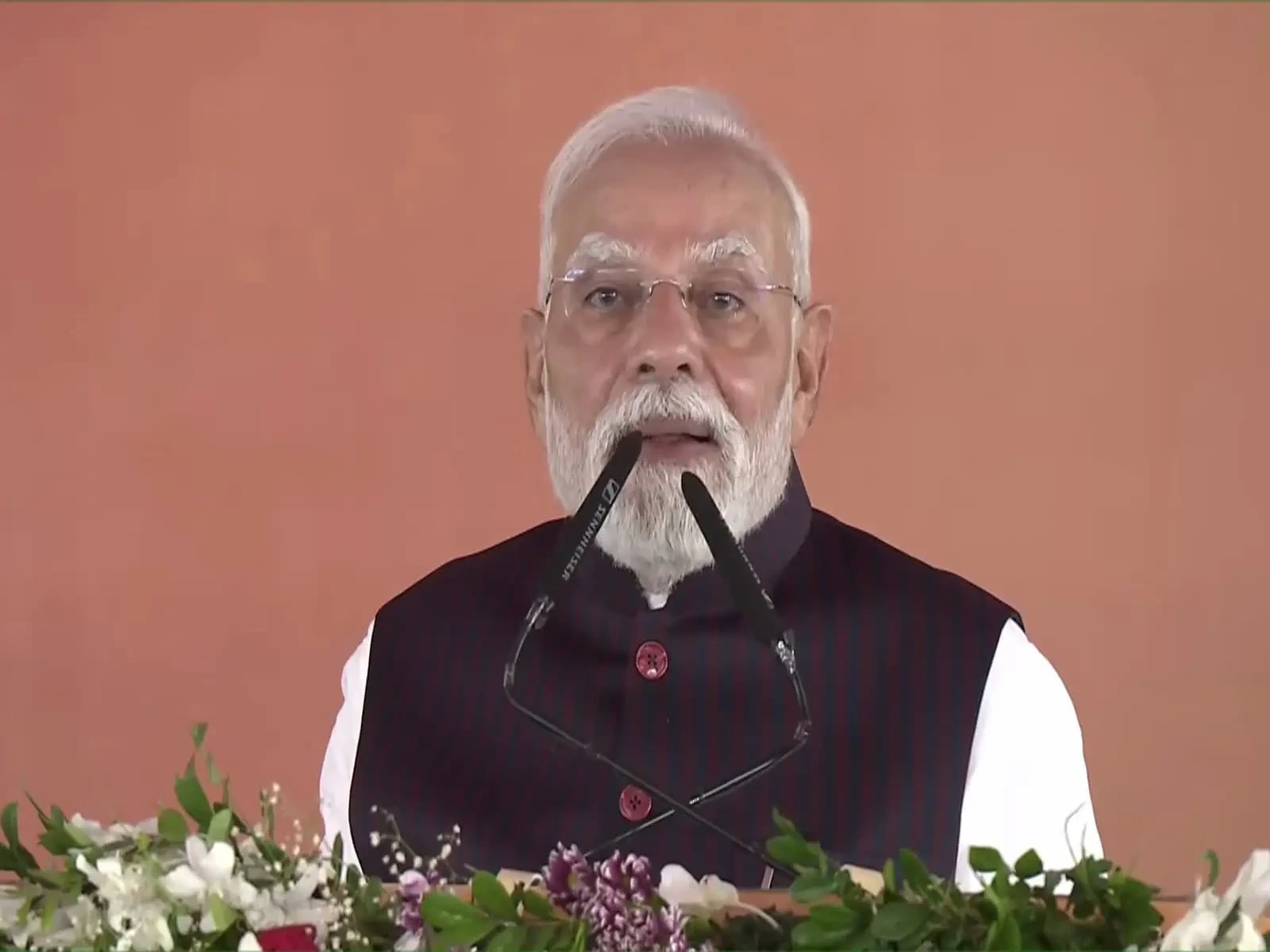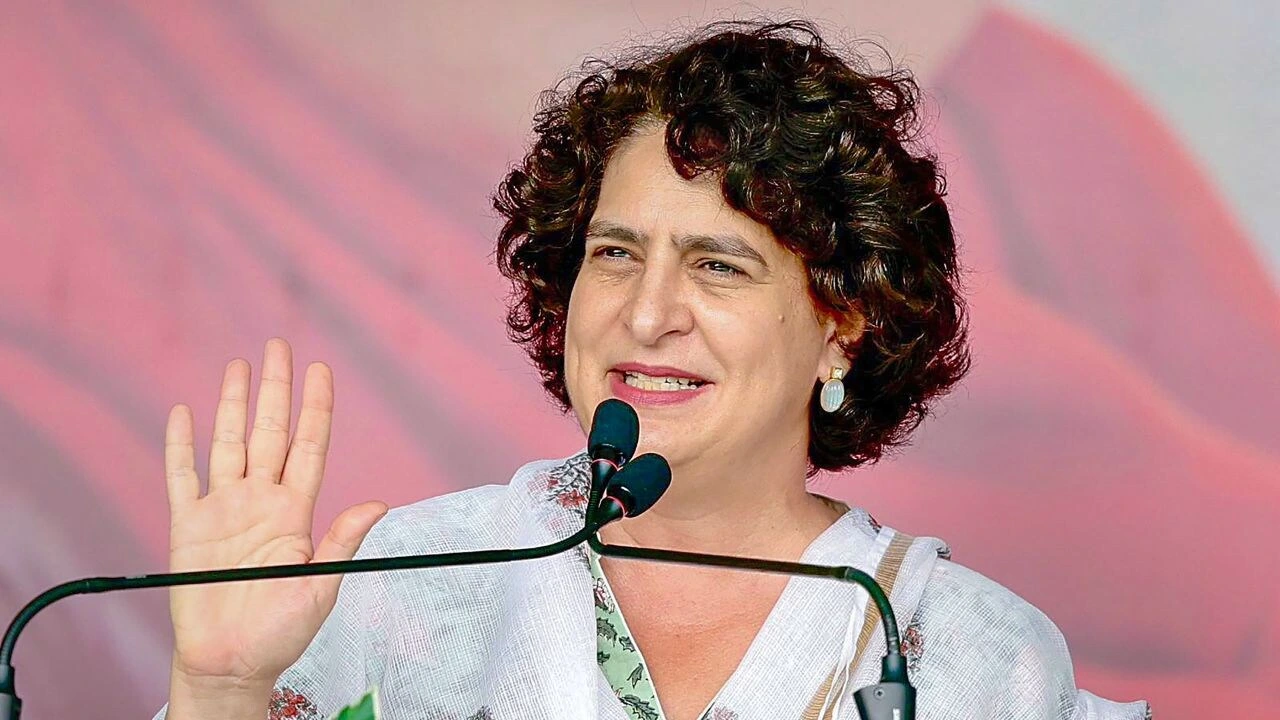02-Apr-2025, 11:14 AM Women from the Muslim community have actively rallied in support of the Waqf (Amendment) Bill, which was introduced in the Lok Sabha on April 2, 2025. This bill aims to amend the Waqf Act of 1995, seeking to enhance transparency and efficiency in the management of Waqf properties. The women’s demonstrations in cities like Bhopal and Delhi underscore a notable shift in community dynamics and highlight the diverse perspectives within the Muslim populace regarding this legislative proposal.
Women :Understanding the Waqf (Amendment) Bill
The Waqf (Amendment) Bill, 2025, proposes several key changes to the existing Waqf Act of 1995. The primary objectives of the bill include:
-
Enhancing Transparency: Implementing measures to ensure more accountable management of Waqf properties
-
State Oversight: Granting state governments increased control over Waqf boards to prevent mismanagement.
-
Inclusive Representation: Introducing provisions for the inclusion of women and non-Muslim members in Waqf boards.
These amendments aim to modernize the administration of Waqf assets, which are charitable endowments traditionally used for religious or charitable purposes within the Muslim community.
Women Support in Bhopal and Delhi
In Bhopal, groups of Muslim women gathered to express their support for the bill, emphasizing its potential to bring about positive reforms in Waqf property management. They believe that increased transparency and inclusivity will benefit the broader community. Similar sentiments were echoed in Delhi, where women participated in demonstrations advocating for the bill’s passage. These rallies indicate a proactive engagement of Muslim women in legislative matters that directly impact their community.
Visual coverage of these events is available, providing insight into the participants’ perspectives and the nature of the demonstrations.
Diverse Reactions Within the Muslim Community
While the support from Muslim women in certain regions is evident, the Waqf (Amendment) Bill has elicited varied responses across the Muslim community. The All India Muslim Personal Law Board (AIMPLB) has expressed opposition to the bill, citing concerns over potential threats to the autonomy of Waqf properties and the infringement on religious freedoms. They have called for nationwide protests and urged Members of Parliament to reject the proposed amendments.
Conversely, political entities like the Bharatiya Janata Party (BJP) and the Telugu Desam Party (TDP) have shown support for the bill. The TDP, for instance, has emphasized the underutilization of Waqf properties and the need for reforms to ensure these assets benefit the Muslim community effectively.
Political Implications and the Path Forward
The introduction of the Waqf (Amendment) Bill has sparked significant political discourse. Supporters argue that the amendments will lead to better governance and utilization of Waqf properties, ultimately benefiting the Muslim community. Opponents, however, fear that increased state control and the inclusion of non-Muslim members may undermine the religious and cultural integrity of Waqf institutions.
As the bill progresses through parliamentary procedures, it is imperative for legislators to consider the diverse viewpoints within the Muslim community. Engaging in inclusive dialogues that address concerns and aspirations can pave the way for reforms that uphold both the efficiency and the sanctity of Waqf properties.
Conclusion
The active participation of Muslim women in supporting the Waqf (Amendment) Bill highlights a dynamic shift in community engagement with legislative processes. Their involvement brings to light the multifaceted perspectives within the Muslim community regarding the management and reform of Waqf properties. As the nation deliberates on this critical issue, fostering an environment of open dialogue and mutual respect will be essential in crafting policies that honor both tradition and the need for modernization.





